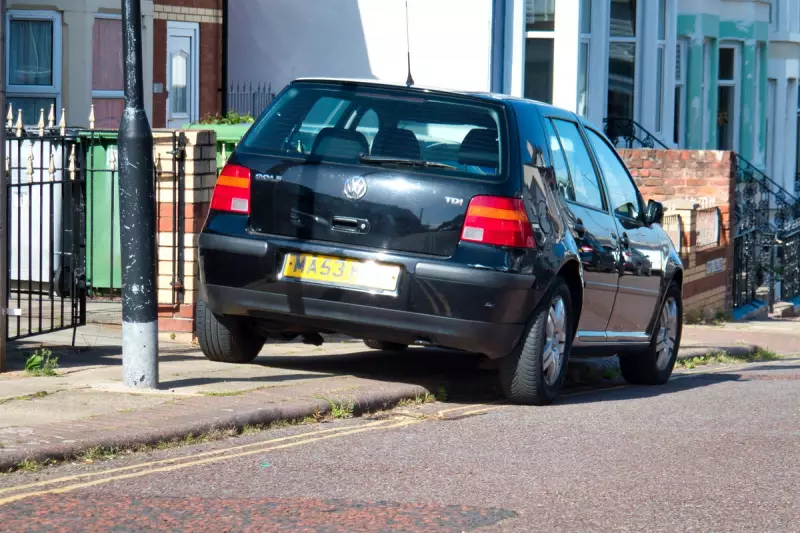
British motorists are being hit with millions of pounds in questionable parking fines as councils capitalise on poorly maintained and barely visible double yellow lines, according to a shocking new investigation.
The Hidden Cost of Faded Road Markings
Across the UK, drivers are successfully challenging penalty charge notices (PCNs) after proving that road markings were so worn they were practically invisible. The problem has become so widespread that motoring organisations are calling for urgent action.
"We're seeing case after case where councils are attempting to enforce restrictions that simply aren't clear to drivers," explained a spokesperson from a leading motoring association. "When yellow lines fade to near-invisibility, it's fundamentally unfair to penalise motorists."
How Councils Are Cashing In
The issue has become a significant revenue stream for local authorities, with some councils collecting tens of millions from parking enforcement annually. The investigation found that:
- Many double yellow lines haven't been properly maintained for years
- Weather conditions and road wear have rendered markings illegible
- Councils continue enforcement despite knowing markings are substandard
- Appeal success rates soar when drivers challenge based on poor visibility
Fighting Back Against Unfair PCNs
Thousands of drivers are now successfully appealing their parking fines by gathering crucial evidence. Motoring experts recommend:
- Take multiple photographs showing the poor condition of road markings
- Include date stamps and weather conditions in your evidence
- Note any obstructions like overgrown vegetation covering signs
- Reference relevant traffic regulation orders in your appeal
"The law is clear," stated a traffic lawyer consulted for the investigation. "If restrictions aren't properly signed and marked, the penalty cannot stand. Councils have a legal duty to maintain their road markings to a reasonable standard."
What This Means for UK Motorists
The revelation has sparked outrage among driving organisations and consumer rights groups, who argue that councils are prioritising revenue generation over fair enforcement. With parking fines becoming increasingly automated through camera enforcement, the problem shows no signs of abating.
As one frustrated motorist who successfully challenged three separate fines put it: "It feels like we're being used as cash cows. If they want our money, at least they should maintain the roads properly."
The Department for Transport has acknowledged the issue but maintains that road marking maintenance remains a local authority responsibility. Meanwhile, the battle between councils and drivers shows no signs of slowing down.





